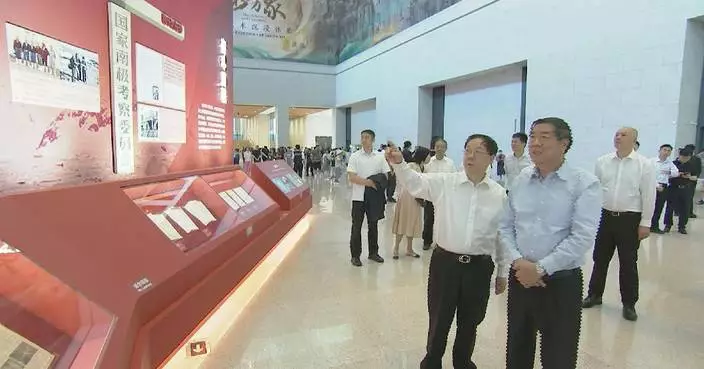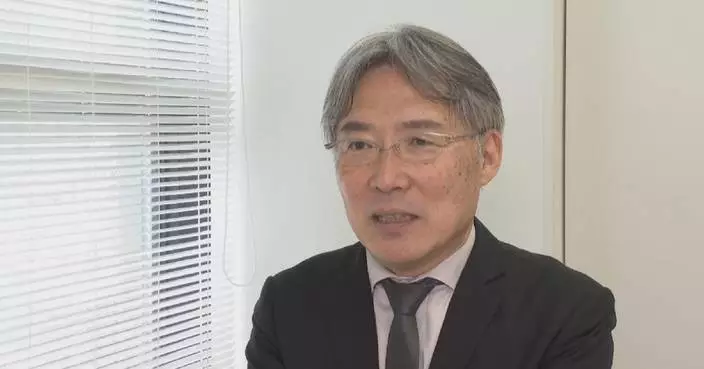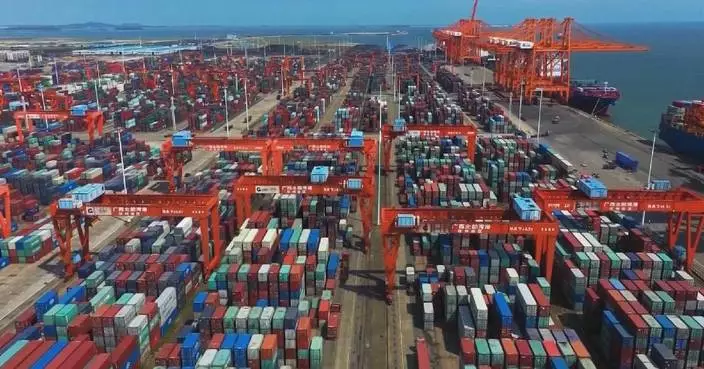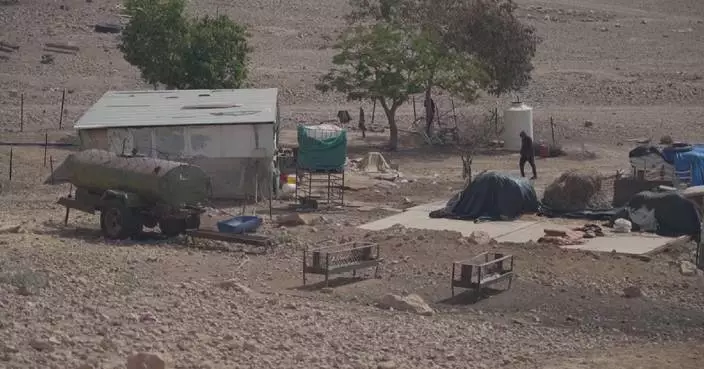The Hong Kong Garrison of the Chinese People's Liberation Army (PLA) on Tuesday mobilized some of its army, naval and air forces to conduct a joint patrol, focusing on training the troops' combat capability to respond to emergencies, conduct joint planning and operations, and handle special situations.
The joint patrol involved high-mobility infantry, vessels, helicopters and other units of the armed forces, and was carried out under real combat conditions.
The training accentuated swift preparation and command, barracks defense and emergency rescue, which improved the troops' capability of handling emergencies and fulfilling diverse military missions.
During the joint patrol, the participating troops strictly complied with laws and regulations of the Hong Kong Special Administrative Region (HKSAR) on road, waterway and aviation management, and notified relevant departments of the HKSAR government in advance.

PLA garrison in Hong Kong organizes joint patrol
World Bank Group President Ajay Banga commended China's "holistic" climate strategy as a potential model for global action, saying it goes beyond just clean energy and focuses on multiple sectors to tackle climate change.
In an interview with China Media Group (CMG), Banga explained that climate change is fundamentally driven by emissions and energy consumption, noting that rising energy demands from a growing middle class pose a significant hurdle.
"Look, at the end of the day, there are two aspects to climate. One part of it is emissions and energy that is used for lives of people. After all, as a country grows and the middle class grows, consumption goes up, your demands for energy go up," said Banga.
He emphasized the positive impact of a government-led program in Hebei province, where coal-fired energy for cooking and heating has been replaced with cleaner natural gas.
The program, supported by subsidies for both power and natural-gas burners, not only incentivizes consumers to switch to cleaner fuel, but also brings significant improvements to their quality of life, Banga said.
"First of all, they were educated about the importance of cleaner fuel than their previous way. Second, small thing, but all of them put roofs in the open area of the house. They couldn't do that with coal, because the smoke would get trapped. Now they are in a house which is dry and enclosed, and therefore better heated as well in the winter, better cool in the summer. And that along with the aspect of health and breathing, there's also just the quality of life aspect," he exclaimed.
The program's reach extends beyond households, with initiatives targeting emissions from agriculture, transportation, and industrial activities.
"And then we went to a monitoring center, where these dozens of monitoring stations were keeping a track of the quality of air and being able to track it, and monitor it. So I think there's a whole package that got put together in that particular case," said Banga.
Highlighting the program's impact beyond just emissions reduction, Banga noted that it offered local people the chance to improve their quality of life, a key aspect of shared prosperity.
"For example, now they're attracting tourists there. They're trying to earn income from that. The farmers are benefiting from it. So I think prosperity and shared prosperity is an important topic. But it's not just about the money, it also about the quality of life," said Banga.
Banga lauded China's strategy as a model that other countries can adopt, as he stressed the need for a global response to climate change.
"Well, I think it's applicable in many places, because the idea of tackling climate across all dimensions, not just cooking at a home or heating in a home, but also crop residue burning, also transportation, also industrial pollution, and tackling it holistically across a regional air shed, because air is fungible, right? You can't just deal with the air above you, you have to deal across a regional air shed. And I think this program did all that correctly. The second part about it that's very important is the monitoring. And the ability to track emissions use that technology, have field forces of people who can go to where the problem is detected, fix it and provide a feedback loop. These are applicable everywhere. So this is not just China only. This is one of those things that can go everywhere," he said.
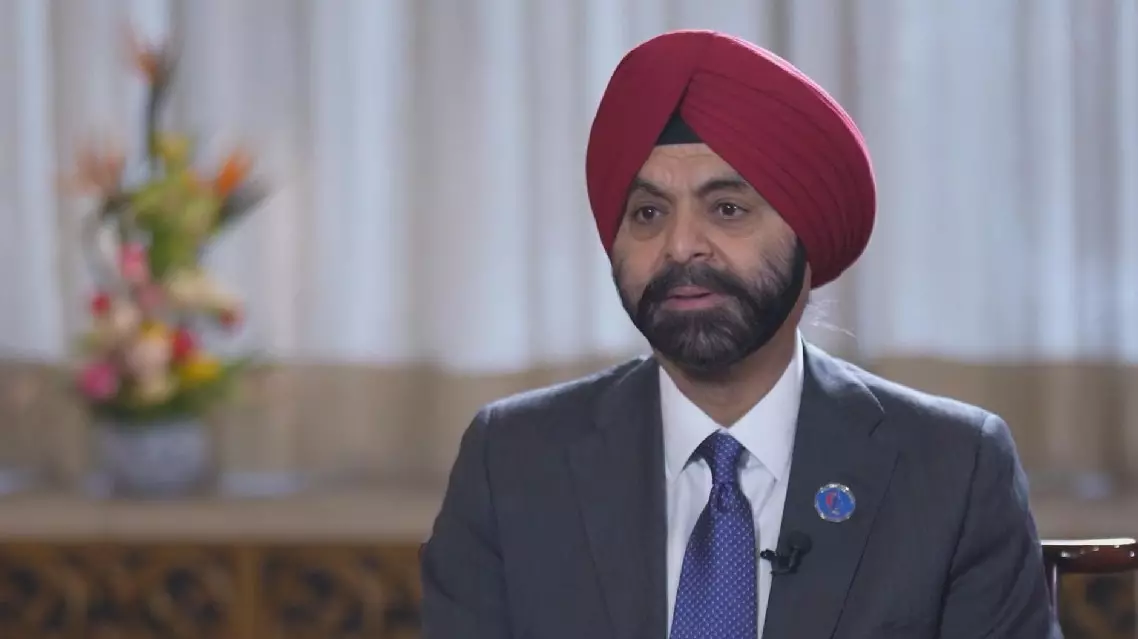
World bank chief commends China's holistic climate strategy as global model




